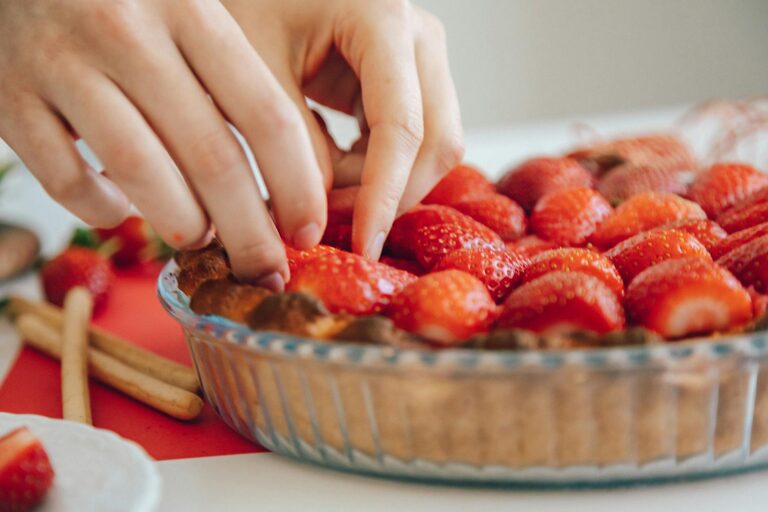
Cleaning up after dinner can often feel like a daunting task, especially after a long day. But with a few smart strategies, you can make the process quicker, easier, and less stressful. Whether you cook often or occasionally, these helpful ideas will keep your kitchen tidy and free up your evening for more enjoyable activities. Let’s explore practical ways to simplify dinner cleanup.
Plan Ahead for Less Mess
Prepare Minimal Ingredients
One of the easiest ways to reduce cleanup is by simplifying your meal. Try limiting the number of pots, pans, and utensils you use. Preparing meals that rely on one-pan or one-pot cooking cuts down significantly on what you have to wash afterward.
Use Prep Bowls or Containers
While chopping and measuring ingredients, use small prep bowls or containers to keep everything organized. This prevents accidental spills and keeps your workspace clean, so you don’t have to scrub countertops later.
Cook Smart with Cleanup in Mind
Line Baking Sheets and Pots
Using parchment paper, aluminum foil, or silicone baking mats can prevent food from sticking and dirtying your pans. When dinner is done, simply toss the liner, and your clean-up time shrinks dramatically.
Soak While You Eat
Fill frequently used pans and dishes with hot, soapy water and let them soak while you enjoy your meal. Soaking softens stuck-on food, making washing far easier and faster.
Use Dishwasher-Safe Tools and Dishes
Invest in dishwasher-safe cookware and utensils to save time. Instead of handwashing everything, load your dishwasher and let it take care of the job while you relax.
Clean as You Go
Wash or Soak Tools Immediately
Instead of letting dishes pile up, wash or soak knives, cutting boards, and bowls right after using them. This habit keeps the workspace clear and stops residue from drying on utensils.
Wipe Down Surfaces Frequently
During meal prep, take a moment now and then to wipe spills and crumbs off counters and the stove. This prevents tough buildup and reduces the amount of scrubbing needed after dinner.
Organize for Efficient Cleanup
Keep Cleaning Supplies Handy
Store dish soap, sponges, and towels within easy reach of your cooking area. This accessibility encourages you to clean messes immediately.
Assign Cleanup Roles
If you share your kitchen with family or roommates, make cleanup a team effort. Assign roles like washing, drying, and putting away dishes to distribute the workload and finish faster.
Use Separate Trash and Recycling Bins
Place bins close to your prep area to quickly dispose of scraps, packaging, and recyclables. Having everything at hand means less time walking back and forth with trash.
Use Time-Saving Tools and Gadgets
Invest in a Good Dish Rack
A sturdy dish rack speeds up drying and keeps your countertops organized and clutter-free.
Use a Scraper Tool
A silicone or plastic scraper is great for removing stuck food from pans without extra scrubbing.
Try a Compact Dishwasher
If space allows, a countertop or compact dishwasher can be a lifesaver in small kitchens.
Post-Dinner Cleanup Routine
Clear the Table First
Removing dishes and leftovers from the table immediately stops messes from spreading and makes the kitchen look tidy before you start washing.
Wash in Order
Start by washing glasses and cutlery first, as grease and food residue are lighter on these. Then move on to plates, pots, and pans.
Dry and Put Away
After drying, put dishes back in their proper places to maintain kitchen organization and avoid clutter buildup.
Bonus Tips
– Cook Once, Eat Twice: Preparing larger meals means fewer cooking days and less cleanup overall.
– Use Disposable Liners or Plates for Busy Nights: While not used every day, these can help on hectic evenings.
– Keep Sink Clear: Avoid stacking dirty dishes in the sink; a clear sink is easier to manage and visually calming.
Conclusion
Dinner cleanup doesn’t have to be a tiresome chore. With some simple planning, organization, and a bit of practice, you can make cleaning up after dinner a smooth, efficient process. Start implementing these ideas today, and enjoy your kitchen more with less stress and mess. Happy cooking—and cleaning!

